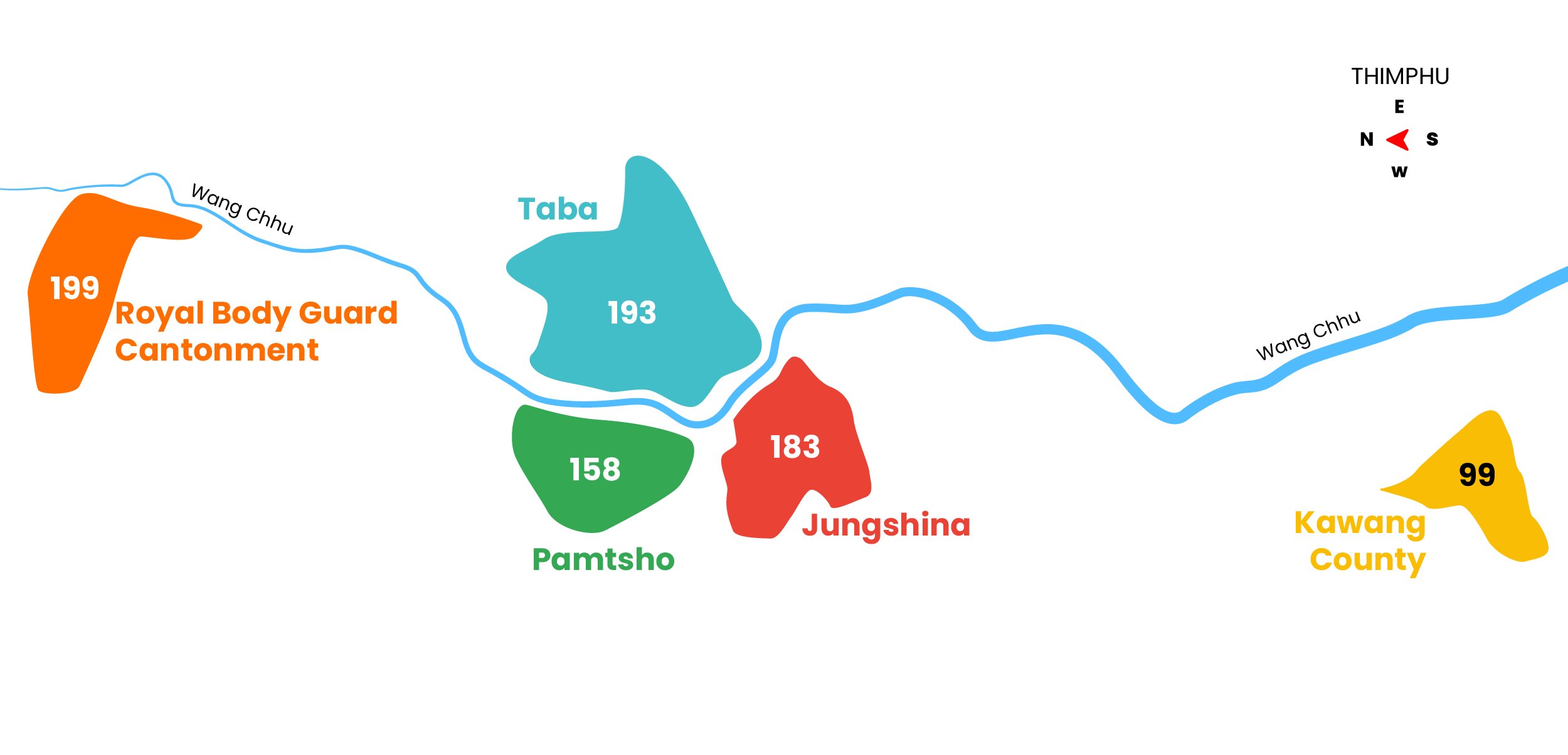About PROJECT
We combat the pressing issue of plastic pollution by implementing innovative means to intercept & put plastic waste into the circular economy.
Plastic Waste
Discover the Hidden Truth of Plastic Waste in Your Community
Did You Know?
Our field research reveals that communities often underestimate the
prevalence of plastic waste in their areas. It’s time to raise awareness!
Top Culprits
Plastic bags, bottles, and storage containers are the most frequently bought items. Our educational materials and advocacy campaigns will feature relatable examples to help you segregate plastic waste more effectively.
Amenities Matter
People in public institutions (such as government buildings, schools, and the cantonment areas) use fewer plastic bottles, showing that access to amenities reduces plastic usage. For those without such amenities, providing reusable water bottles can make a significant difference.
Juice vs. Soda
Plastic bags, bottles, and storage containers are the most frequently bought items. Our educational materials and advocacy campaigns will feature relatable examples to help you segregate plastic waste more effectively.
Reusable Bags: A Mixed Bag
Even though over 50% claim to use reusable bags, many still use 3-4 single-use plastic bags weekly.
Eager to Improve
A whopping 95% of people wish they could better segregate waste.
Join us in transforming how we manage plastic waste and make a lasting impact on our environment!
Findings
The survey received a total of 833 responses.
No. of Responses
575 Female
258 Male

By Locality
of responses are from
Royal Body Guard Cantonment
- Taba - 23.16%
- Jungshina - 21.96%
- Pamtsho - 18.96%
- Kawang County - 11.88%
By Education
of responses are from Secondary Education
- Tertairy Education - 17%
- Primary Education - 6.12%
- No Formal Education - 30.65%
- Advanced Tertiary - 0.72%

Responses by Age
Responses by Employment Type
No. of Responses
575 Female
258 Male

By Locality
of responses are from
Royal Body Guard Cantonment
- Taba - 23.16%
- Jungshina - 21.96%
- Pamtsho - 18.96%
- Kawang County - 11.88%
By Education
of responses are from Secondary Education
- Tertairy Education - 17%
- Primary Education - 6.12%
- No Formal Education - 30.65%
- Advanced Tertiary - 0.72%
